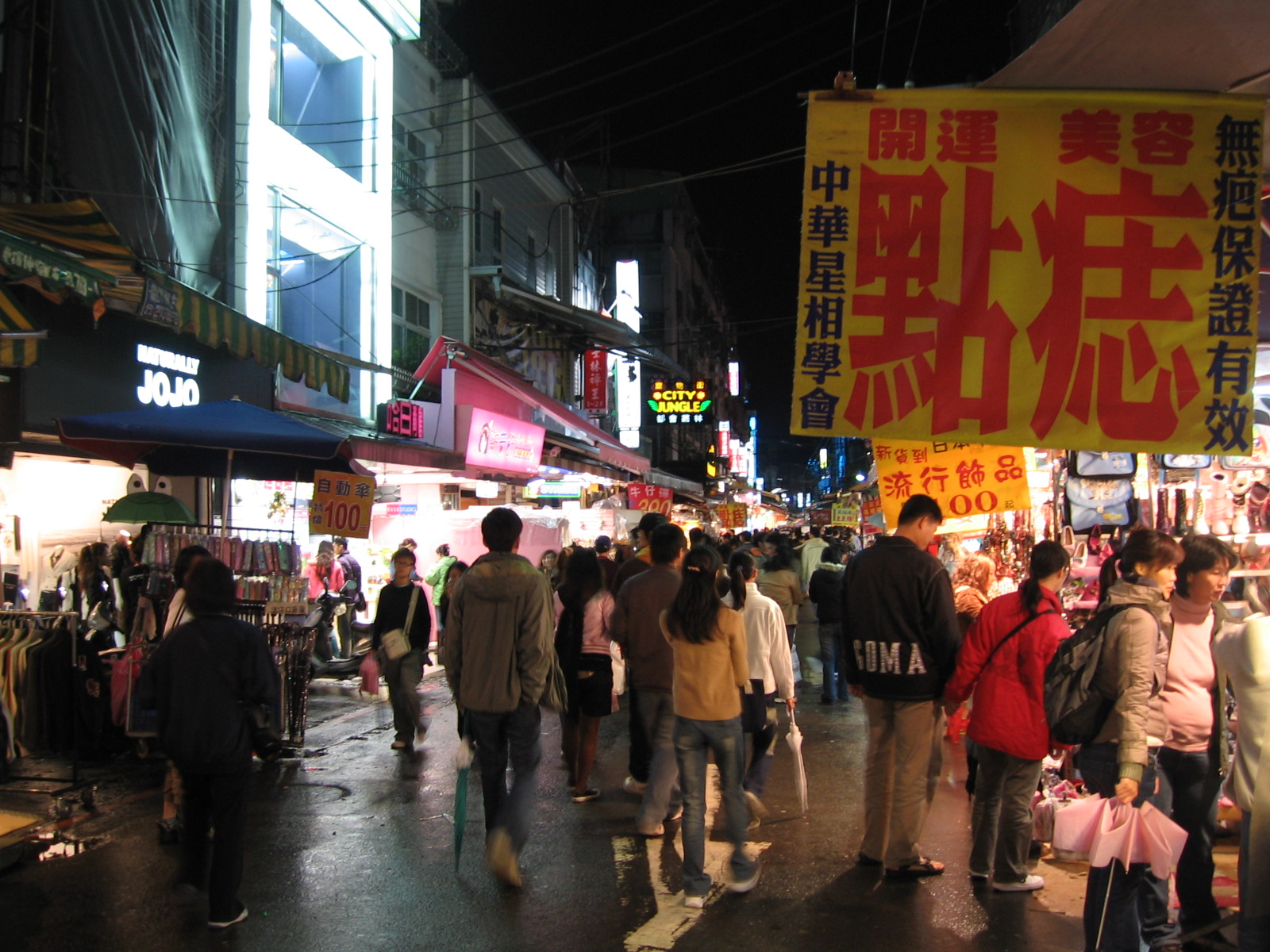
What is a Night Market in Chinese?
In the tapestry of Chinese culture, night markets, known as "yè shì" (夜市), hold a vibrant and cherished thread. These bustling hubs of nocturnal activity are more than just places to shop and dine; they are sensory experiences that encapsulate the essence of community, tradition, and culinary adventure.
Definition and Characteristics
Night markets, or night bazaars, are street markets that come alive as the sun dips below the horizon. Unlike their daytime counterparts, which tend to be more transactional, night markets exude a leisurely and festive atmosphere. They are places to stroll, socialize, bargain hunt, and savor the tantalizing aromas of street food that waft through the air.
Typically found in urban and suburban areas across China, Taiwan, Hong Kong, and other parts of Southeast Asia, night markets are characterized by:
| Feature | Description |
|---|---|
| Operating Hours | Evenings and late into the night |
| Atmosphere | Lively, festive, crowded |
| Vendors | Diverse, ranging from street food stalls to clothing boutiques and electronics retailers |
| Products | A wide variety of goods, including clothing, accessories, electronics, souvenirs, and street food |
| Prices | Often negotiable, especially for souvenirs |
| Entertainment | May include live music, street performers, and games |
Cultural Significance
Night markets are deeply intertwined with Chinese culture and history. They have been a part of Chinese society for centuries, serving as important social and economic hubs. In the past, they provided a platform for farmers and artisans to sell their goods after a long day's work. Today, they continue to be vital spaces for small businesses and entrepreneurs.
Beyond their economic significance, night markets hold immense cultural value. They are places where people from all walks of life come together to socialize, enjoy the cool evening air, and experience the vibrant pulse of the city.
Experiencing a Chinese Night Market
A visit to a Chinese night market is an assault on the senses. The air is thick with the fragrant steam of sizzling noodles, the smoky aroma of grilled meats, and the sweet scent of bubble tea. The sounds of hawkers calling out their wares, music blaring from speakers, and the chatter of the crowd create a symphony of urban energy.
Here are some tips for navigating and enjoying a Chinese night market:
- Come hungry: Street food is a highlight of any night market experience. Be sure to sample a variety of dishes, from savory skewers to sweet treats.
- Bargain hard: Don't be afraid to negotiate prices, especially for souvenirs. Start by offering half of the asking price and see where it goes.
- Carry cash: While some vendors may accept mobile payments, cash is still king at most night markets.
- Dress comfortably: Be prepared to walk a lot and stand in line for popular stalls.
- Soak up the atmosphere: Observe the locals, listen to the sounds, and embrace the vibrant chaos.
References
- Fitzgerald, C. P. (1961). China: A Short Cultural History (3rd ed.). Frederick A. Praeger.
- Yang, M. M. (2012). The Material Culture of Food and Eating in China. University of California Press.
Q&A
What is the best time to visit a night market in China?
The best time to visit is typically after sunset when the market is in full swing. Aim to arrive between 7 pm and 9 pm for the liveliest atmosphere.
What are some popular night markets in China?
Some renowned night markets include:
- Shilin Night Market (Taipei, Taiwan)
- Temple Street Night Market (Hong Kong)
- Wangfujing Snack Street (Beijing, China)
What should I buy at a Chinese night market?
Popular souvenirs include traditional crafts, tea, spices, and clothing. However, the real treasures lie in the street food offerings, so be sure to indulge your taste buds!
More article references: beijing night market